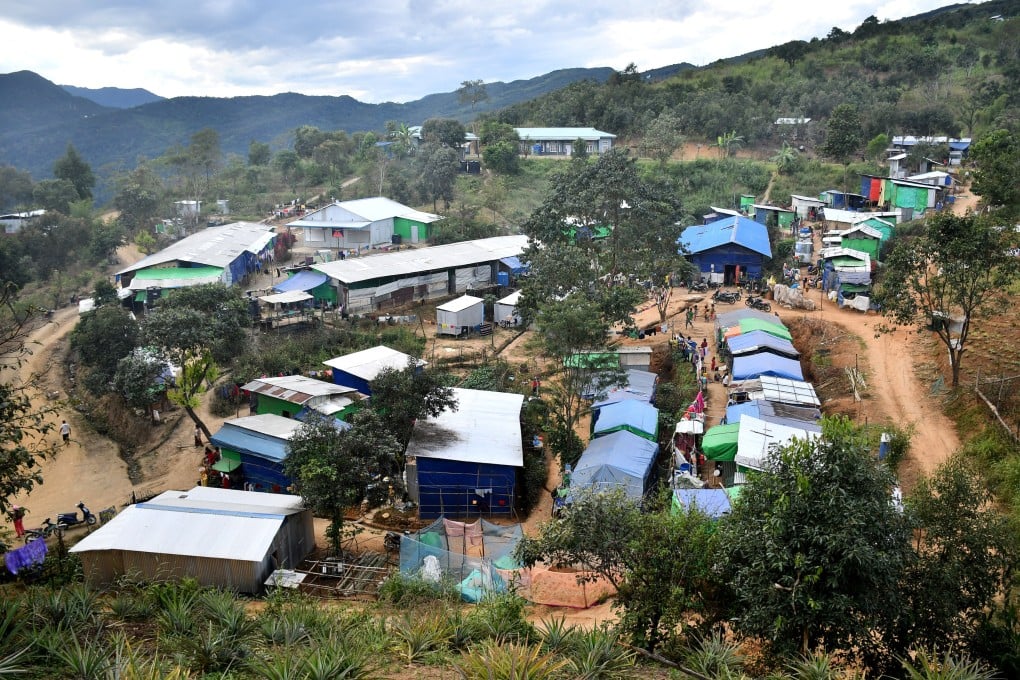India slammed for ‘irresponsible’ move to deport refugees back to chaos-ravaged Myanmar
- India is sending back thousands of Myanmar refugees, whom they blame for ethnic violence erupting in Manipur state
- But rights activists say now is the ‘worst time’ to send anyone back, as Myanmar’s military steps up its fight against ethnic armed groups and pro-democracy rebels

Myanmar has been engulfed in violent chaos since its military coup in 2021, which has left thousands dead and seen entire villages razed – including in the border state of Chin – by an army notorious for its brutality.
Recent territorial gains by ethnic armed groups and pro-democracy rebels have damaged the junta’s hold on the country, and for the first time since the coup, raised the prospect of a defeat for a military which has held power for most of the last 50 years.
As it clings on, the military is fighting back with air strikes – including in the border area with India – and has activated a conscription law to boost its thinning ranks, driving thousands of mainly young people to seek sanctuary outside the country.
Since the coup thousands of civilians, as well as hundreds of defecting Myanmar troops, have fled into the Indian states of Manipur and Mizoram, through the open frontier where many share ethnic and familial connections with India-based villages.